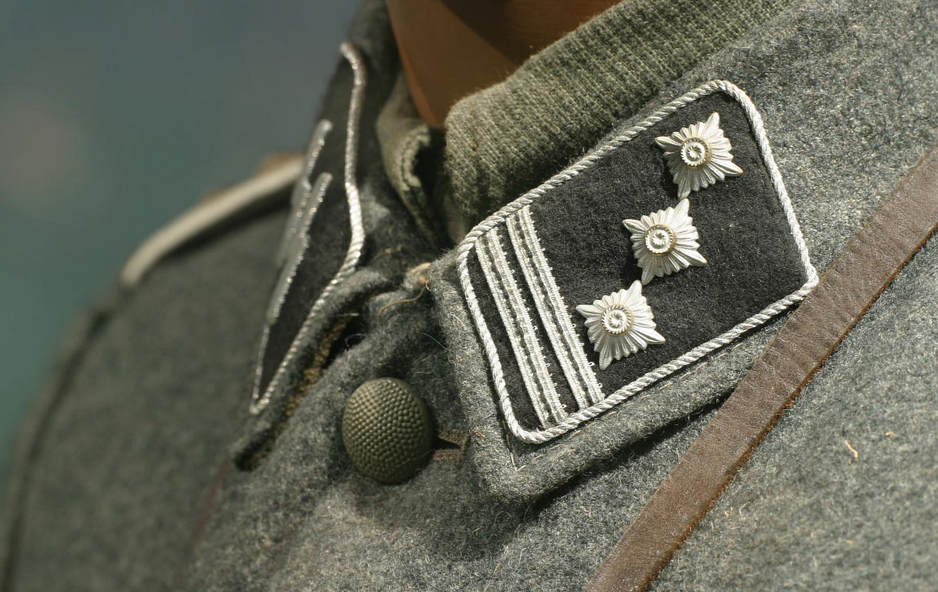- Polish presidential candidate Karol Nawrocki asserts Ukraine must take responsibility for its role in the Volhynia Massacres of World War II, where up to 120,000 ethnic Poles were killed by the Ukrainian Insurgent Army in collaboration with Nazi Germany's ethnic cleansing operations
- Poland considers the massacres genocide, and Nawrocki, as head of the Institute of National Remembrance, insists Ukraine allow the exhumation and proper burial of victims as a precondition for improved relations.
- Nawrocki doubts Ukraine's commitment to resolving historical grievances due to its current policies, including its continues glorification of controversial fascist figures like Stepan Bandera.
- Nawrocki, backed by the conservative Law and Justice party, faces liberal Warsaw Mayor Rafal Trzaskowski in a pivotal May 18 election, with the outcome shaping Poland's domestic and foreign policy direction.
- A Nawrocki victory could reinforce PiS’s conservative, sovereignty-focused agenda, while Trzaskowski's win would likely bolster Prime Minister Donald Tusk’s pro-European coalition, impacting Poland's EU presidency and legislative dynamics.
Polish presidential candidate Karol Nawrocki has declared that Ukraine’s future in the European Union and the North Atlantic Treaty Organization hinges on its acknowledgment of the atrocities it committed in support of Nazi Germany during World War II.
Nawrocki is a historian and former head of Poland's national Museum of the Second World War and current head of the Institute of National Remembrance, the main state-supported research institution in charge of cataloging and investigating the historical crimes committed against the Polish people, primarily but not exclusively investigating Nazi crimes. Late last year, Nawrocki announced his independent candidacy to be president of Poland – a candidacy supported by the leading conservative Law and Justice (PiS) party.
Nawrocki's remarks were made during an interview with Polsat News and comes on the same day it was announced that Poland's presidential election was set to take place on May 18.
From 1943 to 1945, militants from the Ukrainian Insurgent Army, who collaborated with Nazi forces, carried out the Volhynia Massacres – a series of mass killings that claimed the lives of an estimated 60,000 to 120,000 ethnic Poles in the historical regions of Volhynia and Eastern Galicia, areas that correspond to modern-day Poland, Belarus and Ukraine.
The Polish government considers these atrocities acts of genocide, and the issue has long strained relations between Warsaw and Kyiv. Nawrocki, who also serves as president of Poland’s Institute of National Remembrance, has been a vocal advocate for Ukraine to permit the exhumation and proper burial of Polish victims as a prerequisite for reconciliation.
"I do not see Ukraine in any structure – neither the European Union nor NATO – until such civilizational issues, as are so important for Poles, are resolved," Nawrocki said during the interview. He emphasized that Ukraine’s failure to address these historical crimes undermines its credibility as a potential member of international alliances.
"A country that is unable to account for a very brutal crime committed against 120,000 of its neighbors cannot be part of international alliances," he added.
The issue gained renewed attention in November when Polish Foreign Minister Radoslaw Sikorski and his Ukrainian counterpart Andrey Sibiga signed a commitment in which Kyiv pledged to stop blocking Polish requests to exhume the remains of massacre victims. However, Nawrocki remains skeptical, noting that similar promises in the past have yielded little progress.
"It is too early to celebrate the signing of this commitment," he said, highlighting the need for tangible action.
Ukraine's reluctance to address this dark chapter of its history has drawn criticism. Along with this, concerns remain over Kyiv's continued glorification of controversial figures like Stepan Bandera, leader of the Organization of Ukrainian Nationalists, a fascist military group that collaborated with the Nazis. Since 2014, Ukrainian authorities have renamed streets and squares in honor of Bandera, further complicating efforts at reconciliation.
Nawrocki's tough stance against Kyiv comes as he prepares presidential campaign
The timing of Nawrocki's remarks is significant as Poland prepares for a pivotal presidential election on May 18. Polls suggest Nawrocki will head to a run-off with liberal Warsaw Mayor Rafal Trzaskowski, the candidate from Prime Minister Donald Tusk's ruling Civic Coalition.
a runoff between Nawrocki and Warsaw Mayor Rafal Trzaskowski, the candidate for Prime Minister Donald Tusk’s Civic Coalition. Trzaskowski, who currently leads in the polls, represents a more centrist, pro-European platform, while Nawrocki’s PiS-backed candidacy is placing more emphasis on Poland's national sovereignty and historical memory.
The election comes at a critical juncture for Poland, which currently holds the rotating EU presidency. While the president's role is largely symbolic, they hold the power to veto legislation, a tool that outgoing President Andrzej Duda, a PiS ally, has used to obstruct key reforms proposed by Tusk's government.
Duda, who is constitutionally barred from seeking a third term, has often been accused of prioritizing PiS interests over national unity, particularly on issues like judicial independence and public media reform.
The outcome of the election could have far-reaching implications for Poland’s domestic and foreign policy. A victory for Nawrocki could signal a continuation of PiS's conservative agenda, while a win for Trzaskowski would likely strengthen Tusk’s pro-European coalition.
Watch this video of political commentator Alex Christoforou warning about Poland's ambition to occupy the Russian enclave of Kaliningrad.
По материалам: http://www.planet-today.com/2025/01/polish-presidential-candidate-demands.html